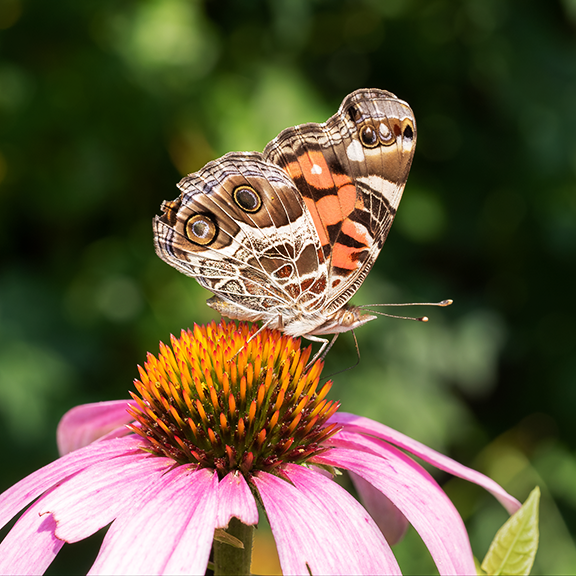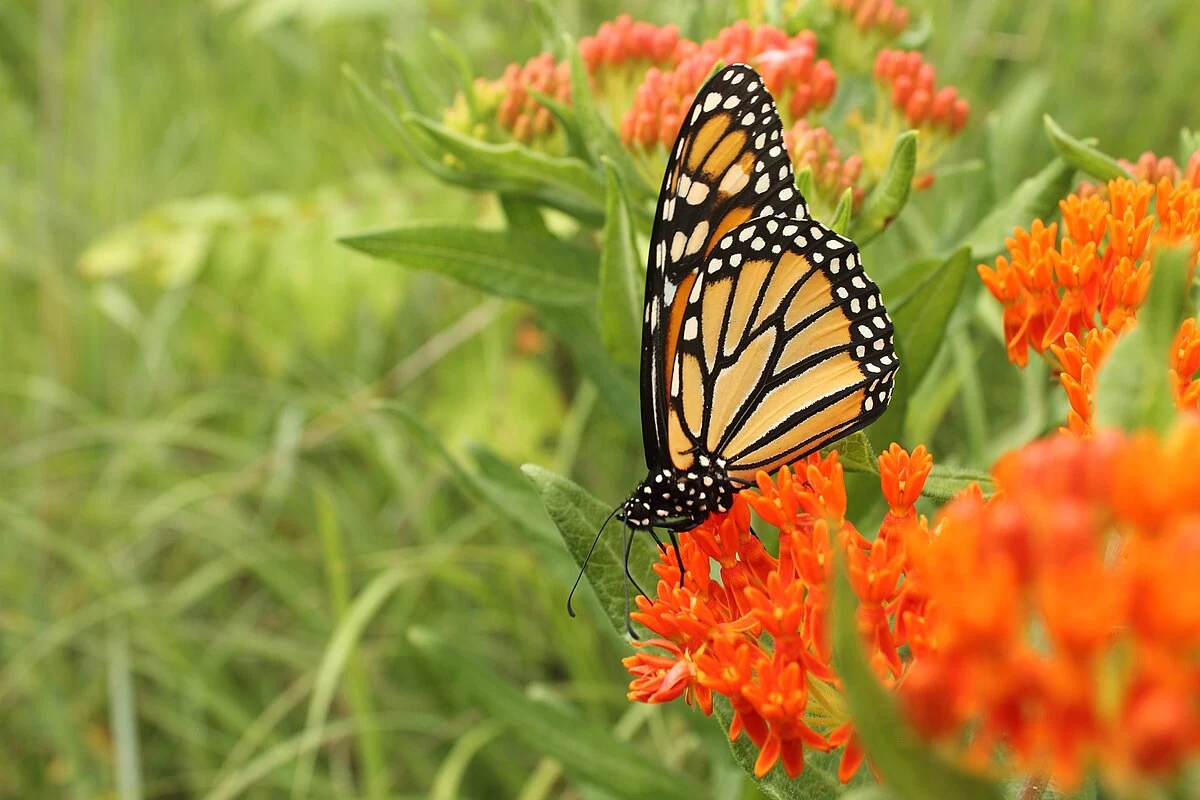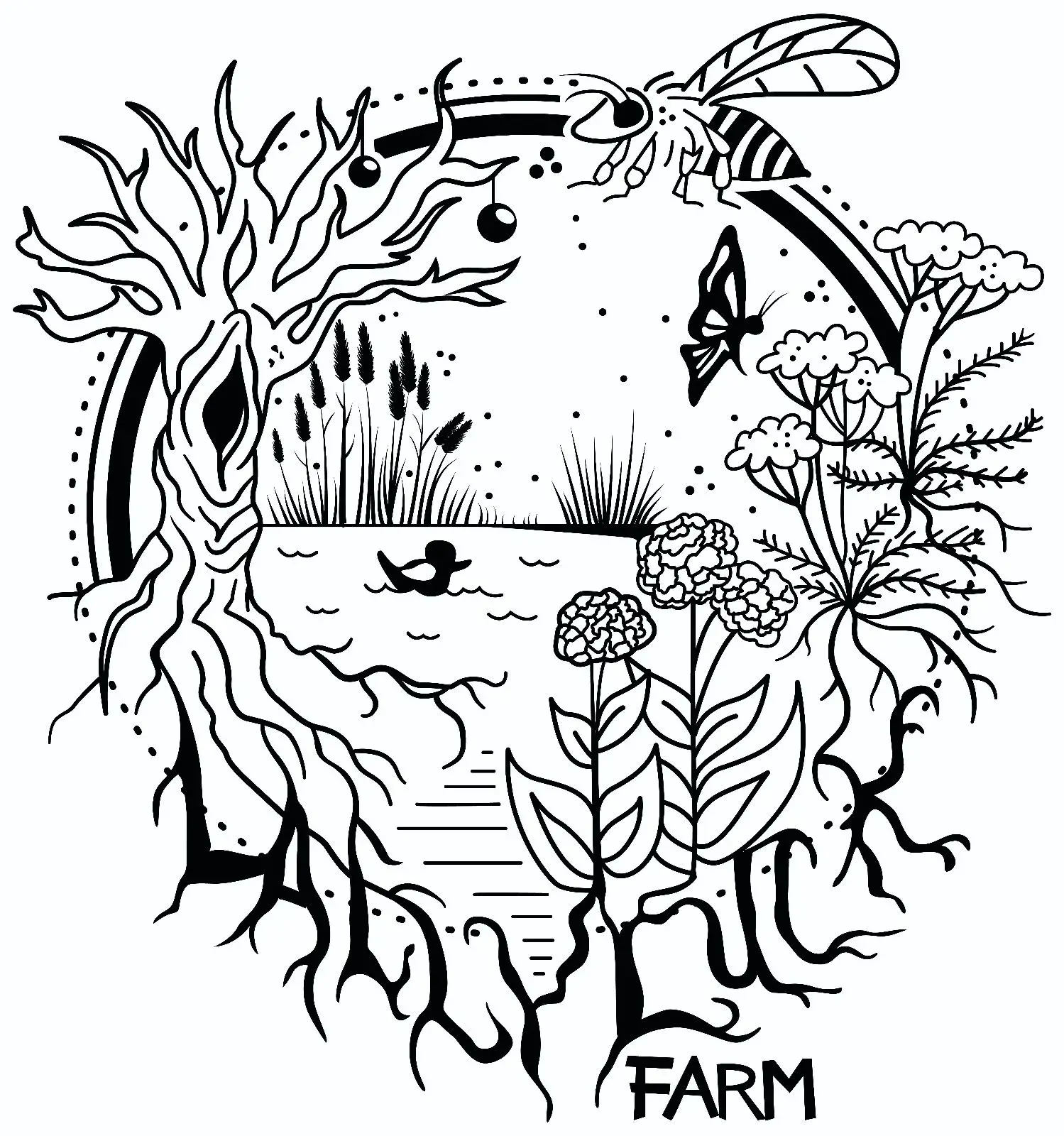Did you know that there are roughly
eightnineteen species of moth for every species of butterfly? Butterflies get a considerable amount of attention but I personally think moths are cooler.Some additional advice (supported by Dr. Doug Tallamy’s work among others), regardless of which variety of Lepidopteran you may prefer:
-
Showy cultivars do not have the same ecological impact - Many of the traits selected for change leaf or bloom color, which means that the carotenoids and other plant metabolites differ from the more natural varieties. As such, species for which it is a host plant may not be attracted to it, and will not receive the same nutrients they are adapted for.
-
Leaf damage is good - Most caterpillars rely on the leaves of plants for food. If your plants are free of damage, you are not feeding them. In addition, the diet of most hatchling and fledgling birds is predominantly comprised of caterpillars. If there are enough caterpillars to denude the plant, there are enough to attract the attention of your local bird population. If you leave them be, you’re increasing the ecological value of that plant (some exceptions apply).
-
A focus on specialists is a focus on generalists - There are many species of Lepidoptera which rely on one species of plant to complete their life cycle. Milkweeds and their relationship to Monarchs (and other highly specialized insects) is just one example; this year our gardens were graced by the appearance of Spicebush Swallowtail butterflies and their young completely depend on the existence of Lindera benzoin. These critical host plants will also provide leaf forage for generalist species in many cases, and pollen and nectar forage for many others.
If you have a link to relevant pieces from this author etc, I can edit the wiki. :)
I’ll see what I can find to link, I’ve read some of his books and listened to a number of his lectures primarily.
Archive.org and YT are great!
Still a little busy today but
https://youtu.be/j7ligldtfc4?si=c_QXhwiAUl7O5wwV
is a guided tour through the pollinator/research garden at the University of Delaware, where he works as a teacher and researcher. One of the first things he says makes a fibber out of me so I’m going to go edit my earlier comment
Not ignoring you, have been busy too! I will poke you when I update. :)
-
deleted by creator




